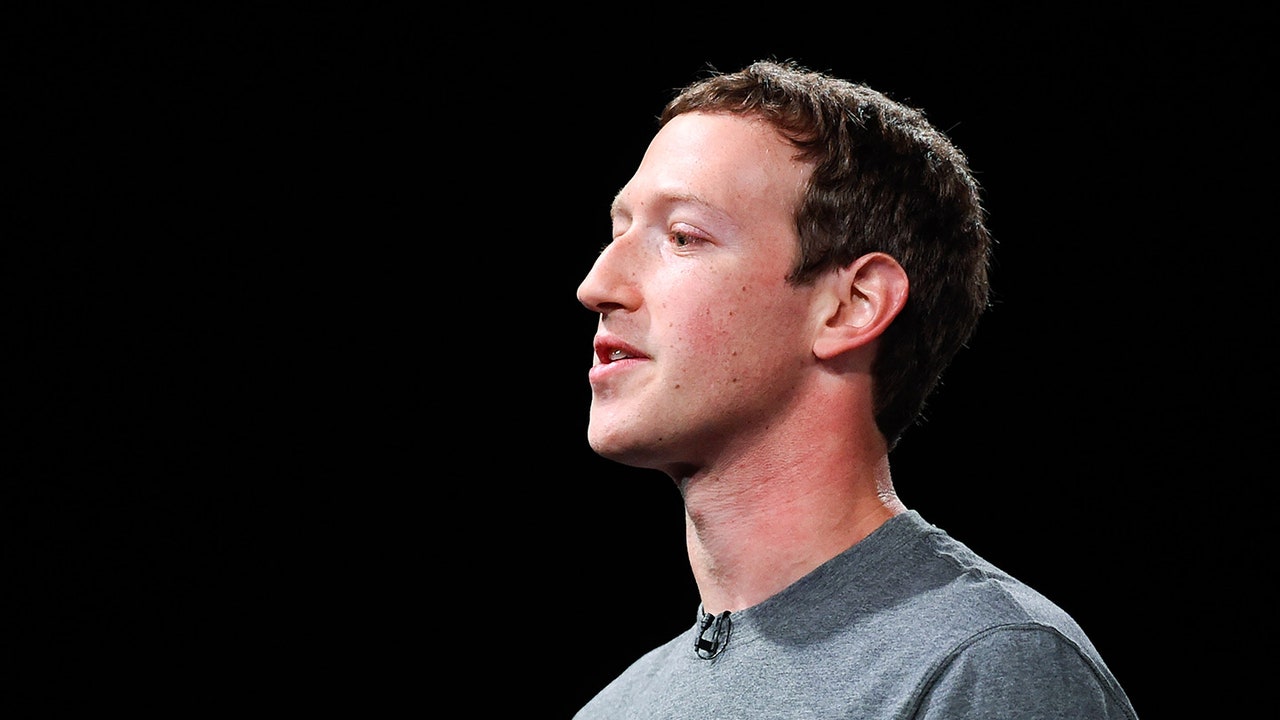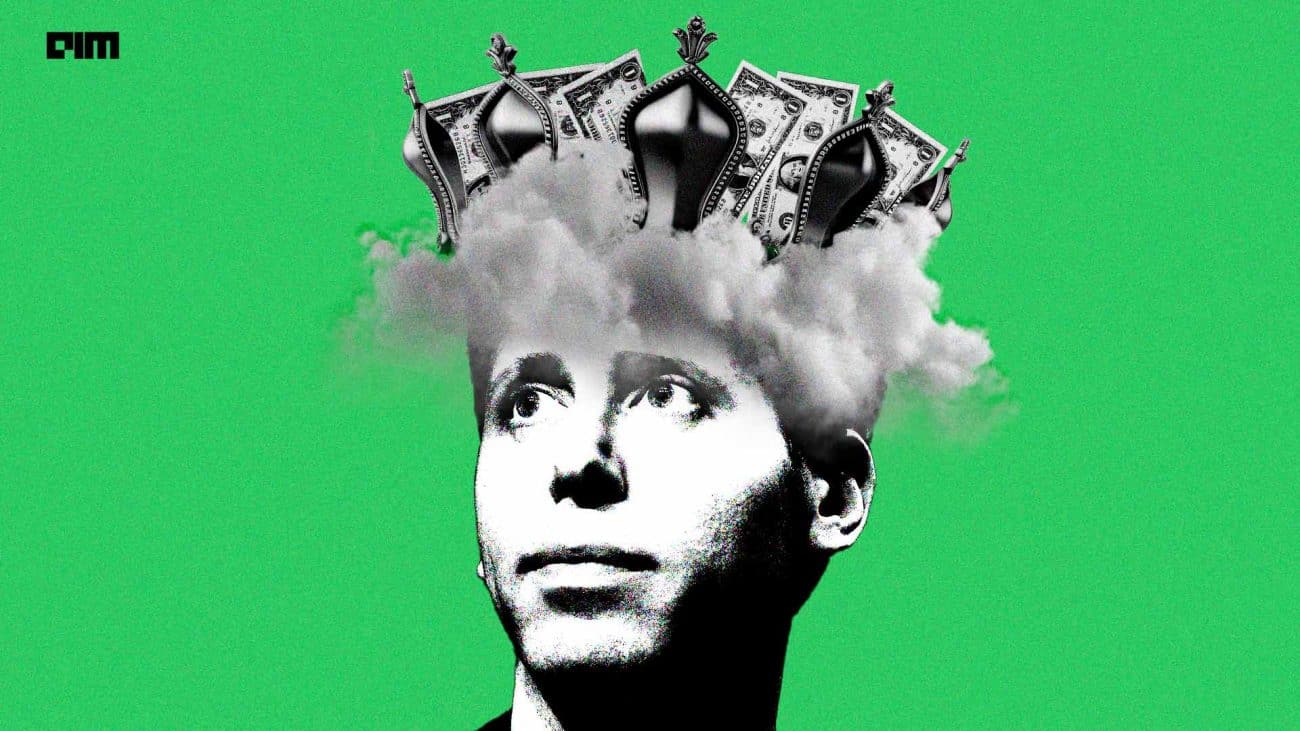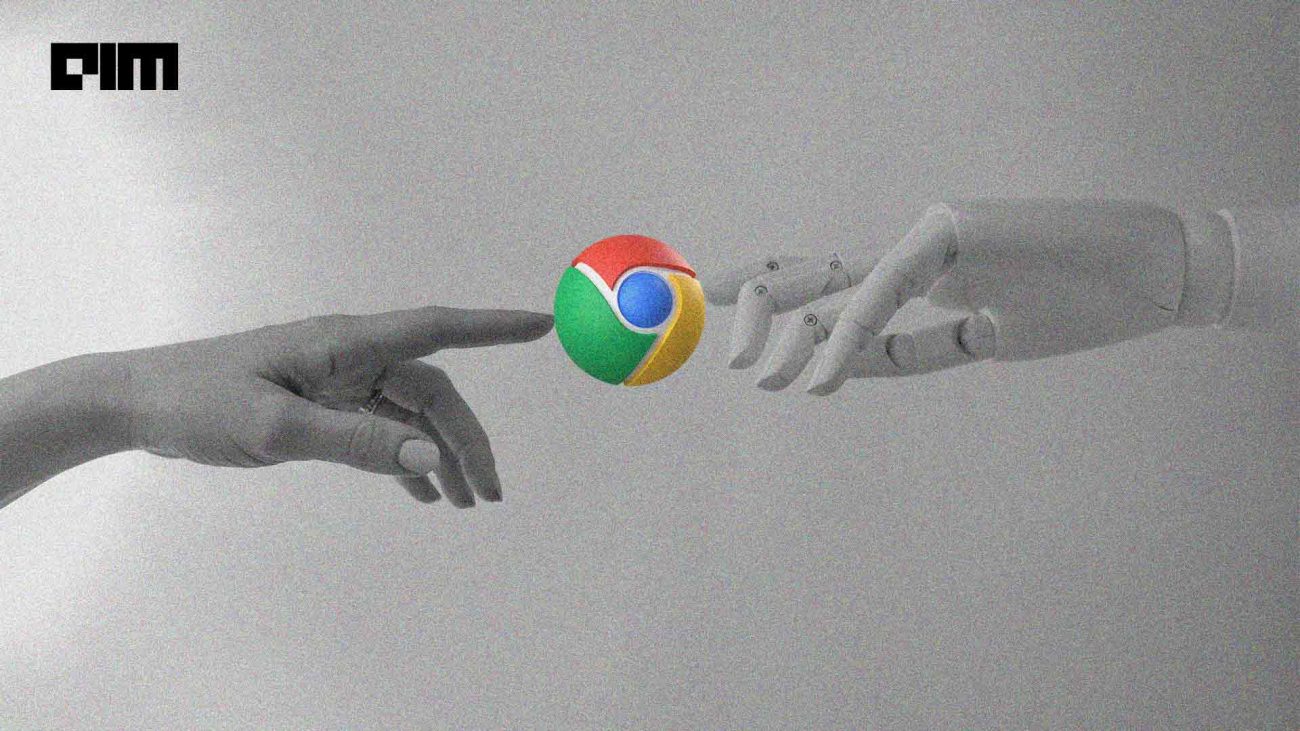Facebook had announced this week that it had invested $5.7 billion for a 9.99% stake in Reliance Jio Platforms. This deal makes the social media giant the largest minority shareholder in the Indian telecom network. It also marks the largest investment for a minority stake by a tech company in the world, and the largest foreign direct investment in the tech space in India.
The development comes in the wake of the emergence of China’s ByteDance in the world’s second-largest internet market.
Founded by Mukesh Ambani, Jio had transformed India’s technology market when it started in 2016 by offering free calls and cheap 4G internet service. Widely welcomed by users hamstrung by slow 3G connections and high tariffs, Jio’s entry obliterated competitions, including Airtel and Vodafone.
Collaborating To Grow Digital Platforms
India has been going through a rapid digital transformation over the last few years. It will not be wrong to say that Jio has contributed a sizable chunk to this. Since it has played a big role in bringing millions of Indians and small businesses online, Facebook, with this investment, will have closer access to Jio users.
Facebook sees a lot of potential through this collaboration. India is home to 400 million WhatsApp users – Facebook’s global messaging app – and 300 million Facebook users. So, Facebook is now working on collaborations in one of its biggest markets, and with one of the biggest telecom service companies that is driving the same market.
In a joint interview, Chief Revenue Officer at Facebook, David Fischer and Managing Director of Facebook India, Ajit Mohan said that one possible collaboration would be JioMart. For years, WhatsApp has worked to build tools for small businesses and taken an avid interest in payment systems, and Facebook has also done something similar. By bringing together JioMart, which is Jio’s small business initiative with WhatsApp, Facebook plans to connect people with businesses, shops and purchase products, seemingly giving them a chance to discover new products.
“The country is in the middle of a major digital transformation, and organisations like Jio have played a big part in getting hundreds of millions of Indian people and small businesses online.”
– Mark Zuckerberg
Facebook’s Chief Executive shared in a post that the investment will help many entrepreneurs get the digital tools that they require to communicate with customers and grow their businesses, thereby, helping the economy.
Why Hasn’t Facebook Explored The Investment Earlier?
The last time Facebook tried to enter the Indian market, it did not work out the way they wanted it to because of regulatory issues. It previously offered free internet connectivity to Indian users in a program called Free Basics, but it was banned in India. Regulators decided that companies could not offer free internet that will favour one company over another.
It is believed that the regulators were the ones who scrapped the idea at first, but the fact was that the idea of Free Basics received a lot of criticism from the people themselves. A lot of people who belonged to professions like farming, labourers and office workers frowned upon the idea of having free internet that came with certain conditions. Free basics actually provided only limited access to the internet (something for which the movement of net neutrality was started) through a suite of websites and services which also included Facebook. But people felt that this idea of limited service wasn’t fulfilling the promise of the open nature of the internet, where there wasn’t limited access to some websites.
One might be surprised about people opposing the idea of free Facebook, especially when it had around 216 million users in India at the time of introduction of Free Basics (in 2020 the number is around 346 million). But, how much will one browse Facebook even if it was for free?
Naturally, Indian regulators had to decide on banning Free Basics because in addition to the displeasure of the public it was offered for, it also had some issues where the public opinion could be influenced. What this means is that the limited access to certain companies or information will create a divisive environment where other companies or information may be left out.
Although it did receive some support, where its benefit for the businesses in rural areas was highlighted, ultimately the idea was cut-off.
Also, in the past, Facebook had some issues with the Indian government and over WhatsApp. The government demanded that WhatsApp change its encryption to trace back messages, to which WhatsApp did not agree. It is believed that this is one of the reasons the regulators have stalled WhatsApp’s request to offer a payment service for its Indian users.
How Does This Investment Help Both Sides?
Since 2016, Jio has become India’s largest carrier, with almost 400 million subscribers. But Mukesh Ambani’s push for the digital revolution in India has caused him to incur enormous debts to build the telecom business. With Jio having ambitions to take on Amazon in e-commerce, provide fiber net, run data centers and set up new services like telehealth and distance learning, the investment from Facebook will greatly help Reliance. This investment will help the company reduce the debt and invest further in its network.
But Facebook may stand to gain a little more from this deal. Mukesh Ambani is a prominent voice in India and many conclude that it shares close ties with the ruling government. If true, this could help the company leave a bigger mark in India.
Outlook
This deal between Jio and Facebook will only accelerate India’s push for ‘Digital India’. Amid the COVID-19 pandemic and the economic slump, this may come with a two-fold advantage for India – driving the digital transformation and regulating the economy. With JioMart and WhatsApp, Ambani, in his video message, said that it would be possible for around 30 million neighbourhood stores to transact digitally.
Facebook, on the other hand, will gain a huge base of users because of TikTok’s rise, which has amassed more than 250 million users in India. Furthermore, Facebook is also attempting to build a similar service called Lasso and having Jio on their side will greatly benefit them.











































































